

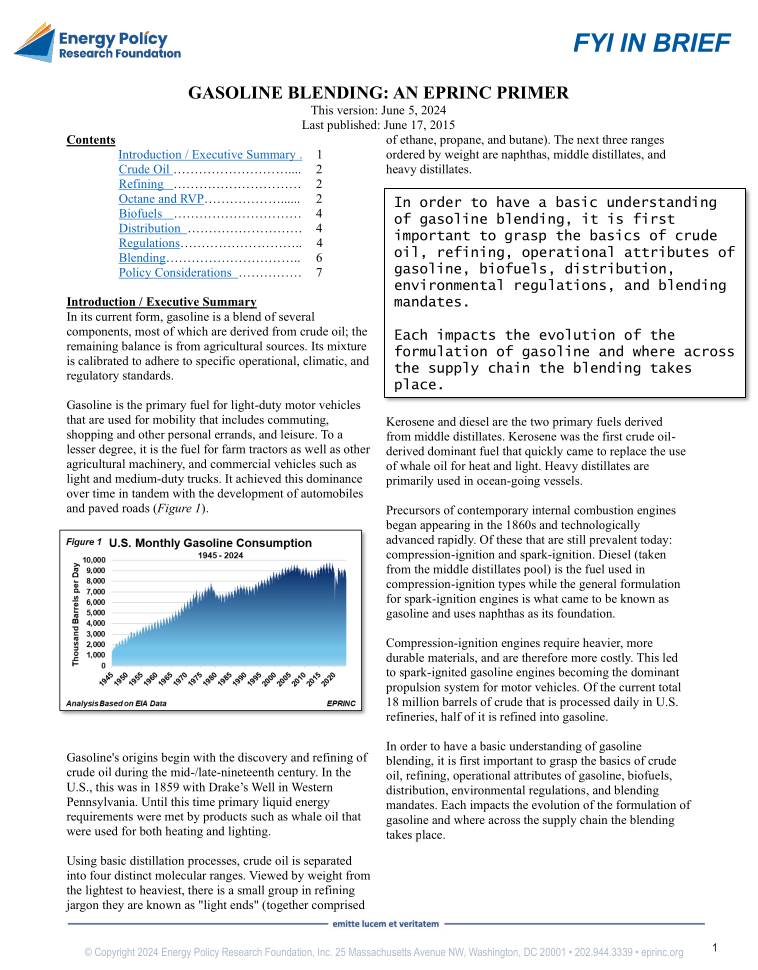
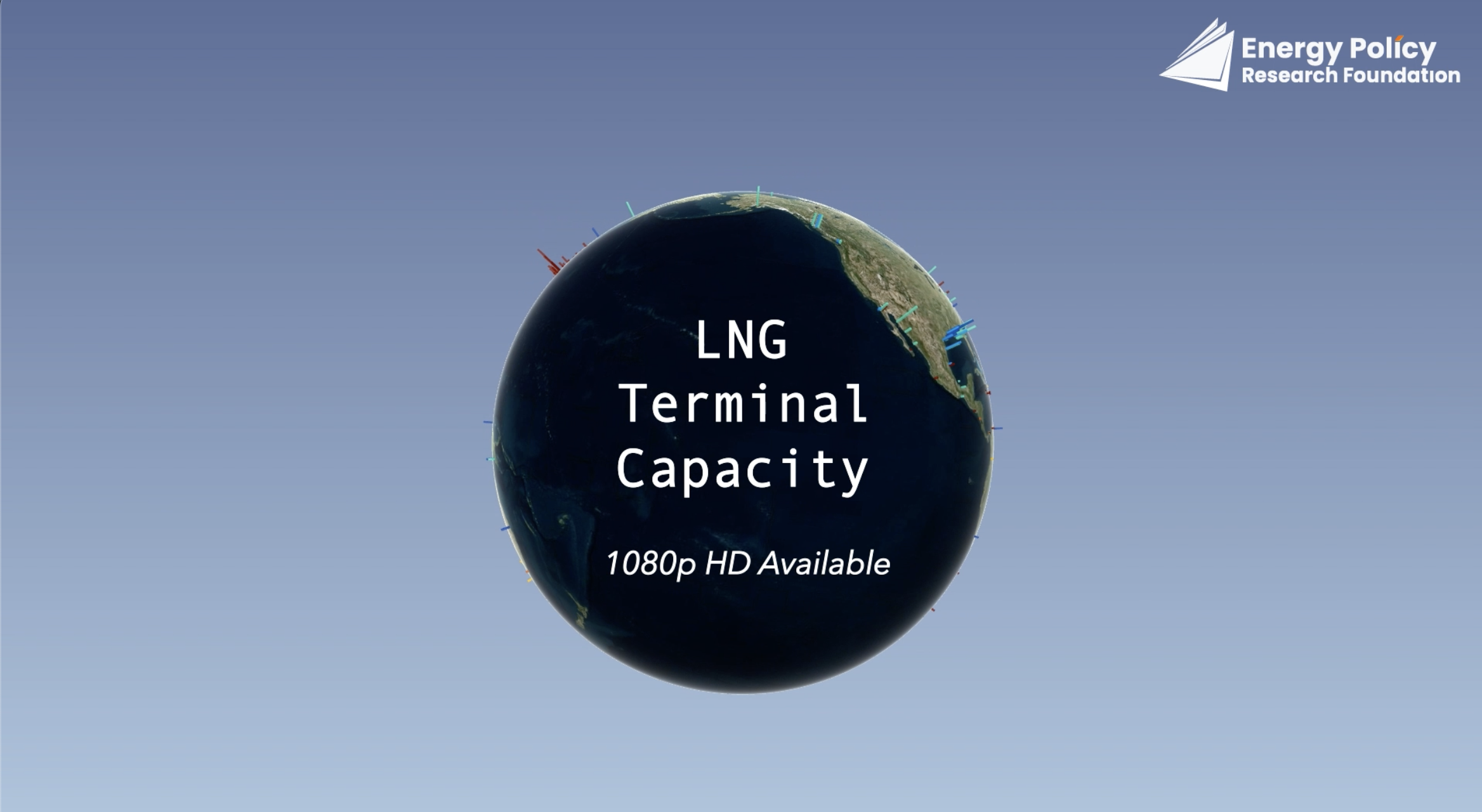

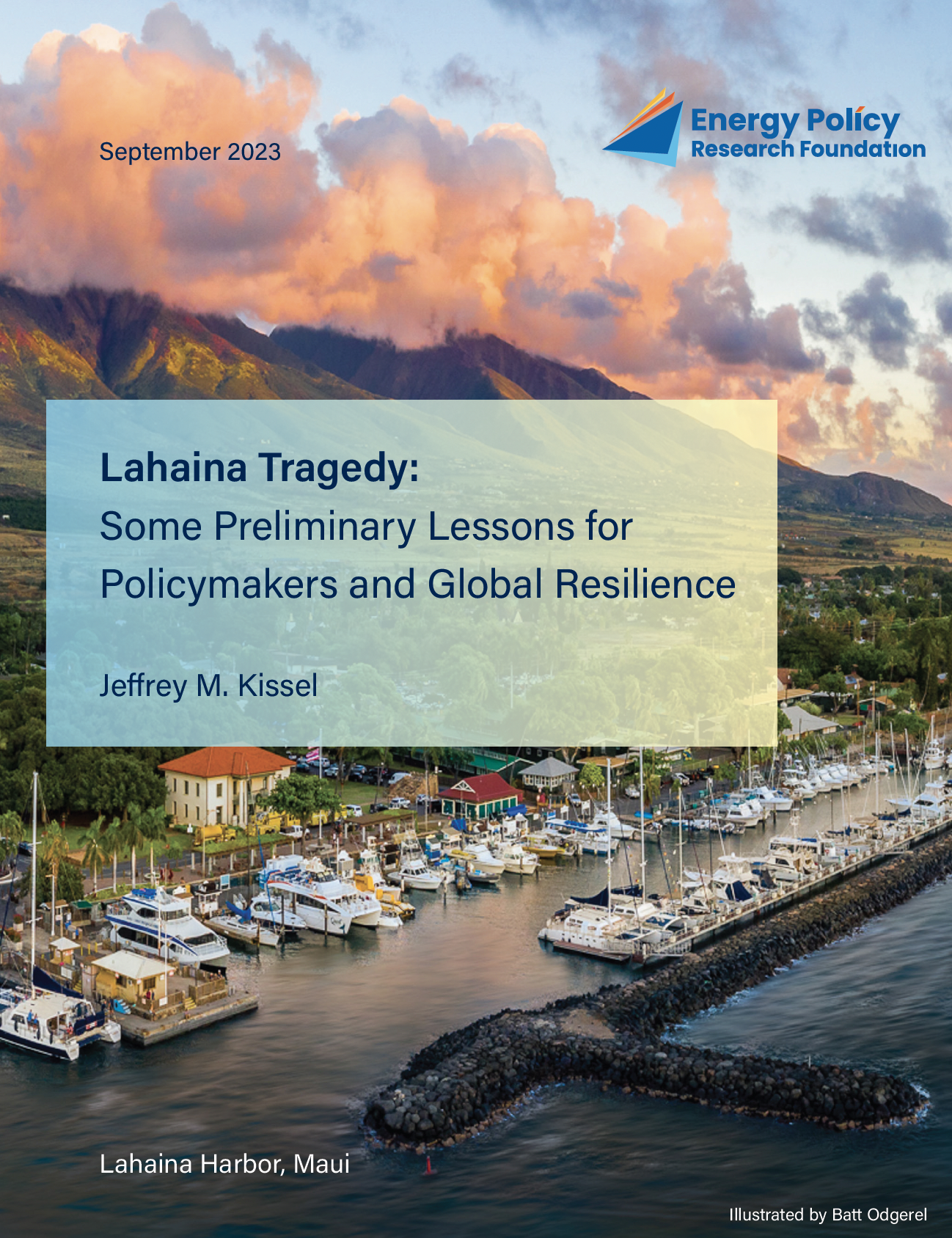
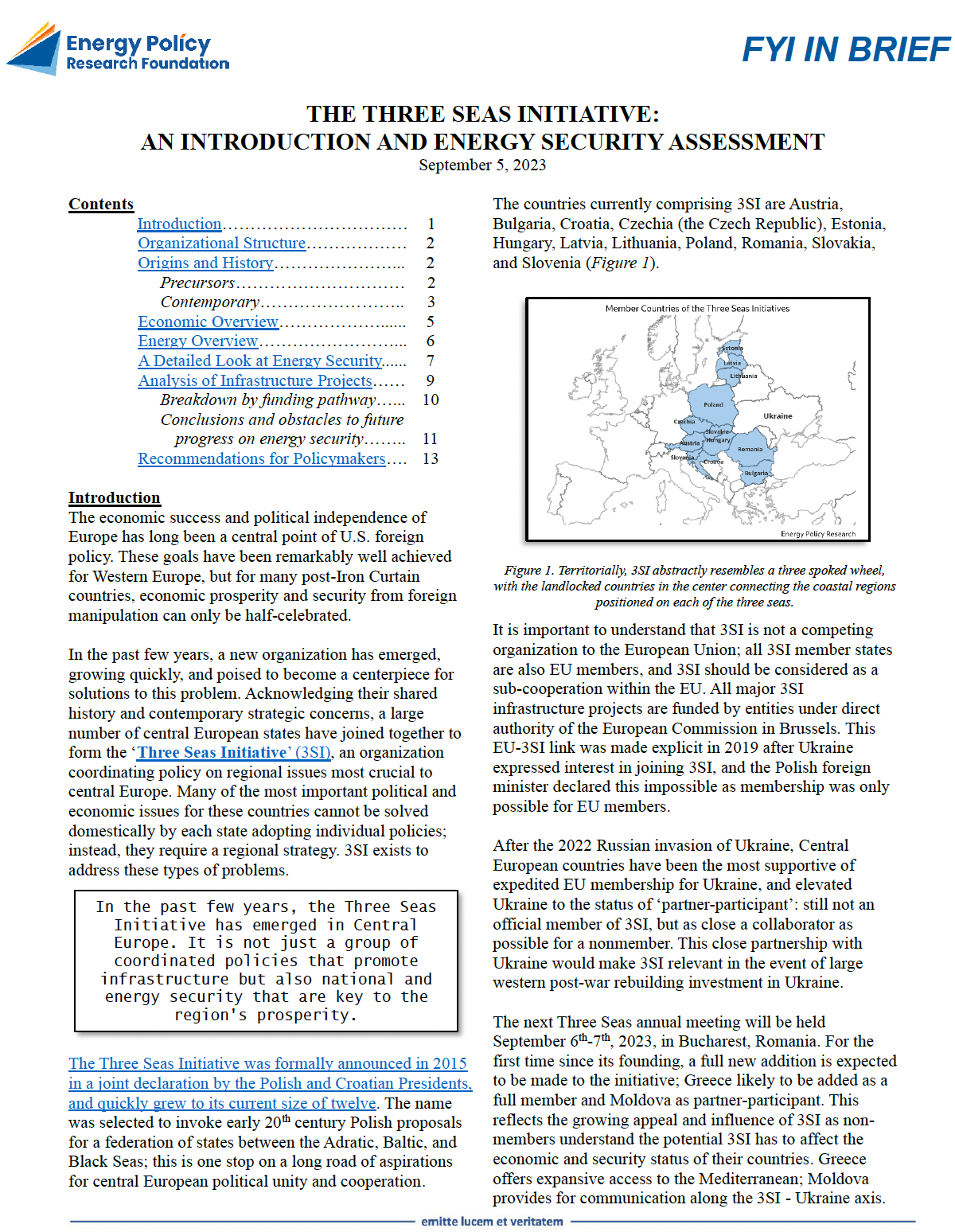
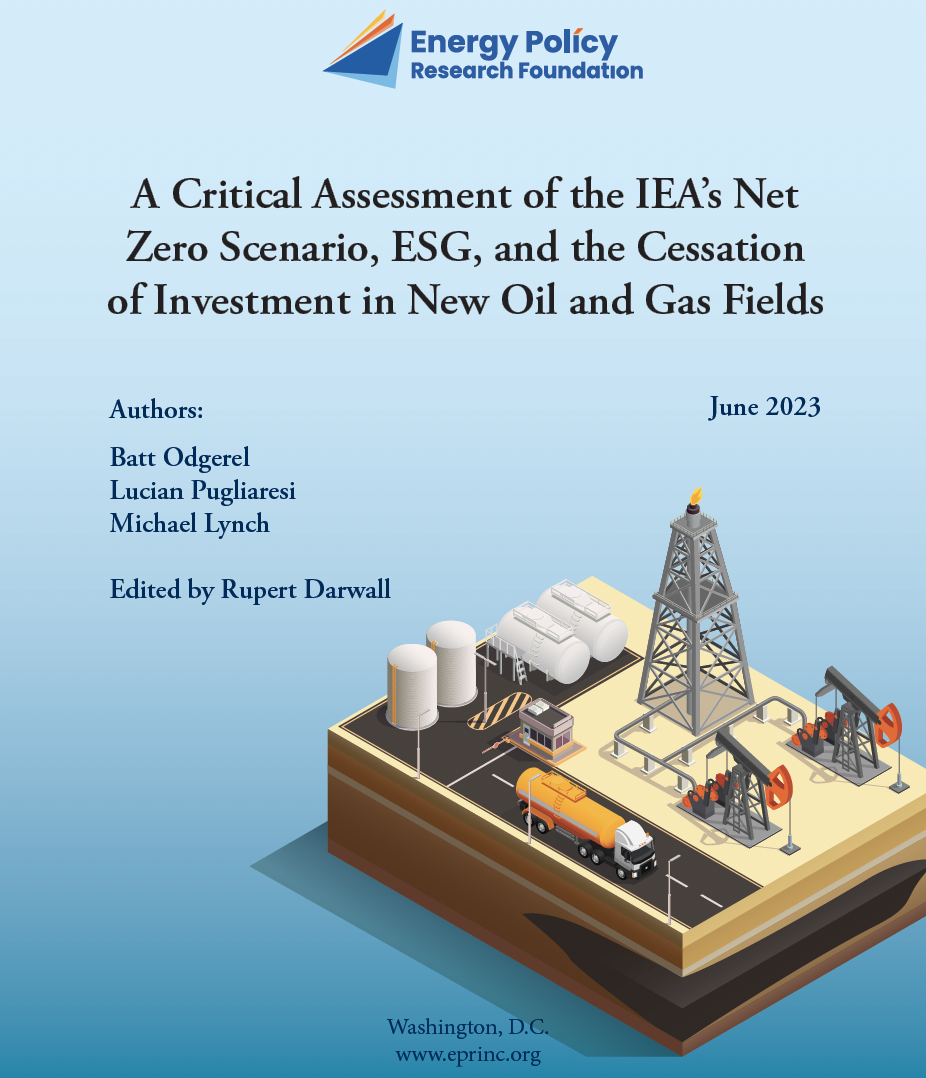
We are excited to announce the launch of our report, “A Critical Assessment of the IEA’s Net Zero Scenario, ESG, and the Cessation of Investment in New Oil and Gas Fields.”
In this report, we’ve assessed the likely economic impact of environmental, social, and governance (ESG) with respect to the production and prices of oil and natural gas. This report takes IEA’s major reports—in particular, Net Zero by 2050: A Roadmap for the Global Energy Sector (May 2021) and World Energy Outlook 2022 (WEO-22; October 2022)—on achieving net zero emissions by 2050.
These IEA reports stated:
No fossil fuel exploration is required in the [Net Zero Scenario] as no new oil and natural gas fields are required beyond those that have already been approved for development. (IEA, Net Zero by 2050, p. 160)
In NZE Scenario, declining fossil fuel demand can be met without the need for the development of new oil fields but with continued investment in existing assets. (IEA, World Energy Outlook 2022, p. 326)
These statements have been interpreted by many financial institutions and banks and the media more generally as prohibiting any investment in new oil and gas fields if the net zero target is to be reached. As the world’s economy is heavily dependent on oil and gas supplies and there are no alternatives economically and technologically, rapid and prolonged decline in the production of oil and gas resulting from a lack of investment will have overwhelmingly negative impacts on GDP, national security, and development.
This report examines the feasibility of IEA’s assumptions behind its Net Zero by 2050 (NZE) scenario and its implications for oil and gas production, energy prices, and the global economy and development. In addition to the aforementioned reports, we reviewed other products by IEA: “Energy Technology Perspectives,” “Global Energy and Climate Model,” and “The Role of Critical Minerals in Clean Energy Transitions.”
This work was made possible by the support of the RealClearFoundation. The authors would like to express their gratitude to Rupert Darwall for his invaluable guidance and editing support throughout this project.
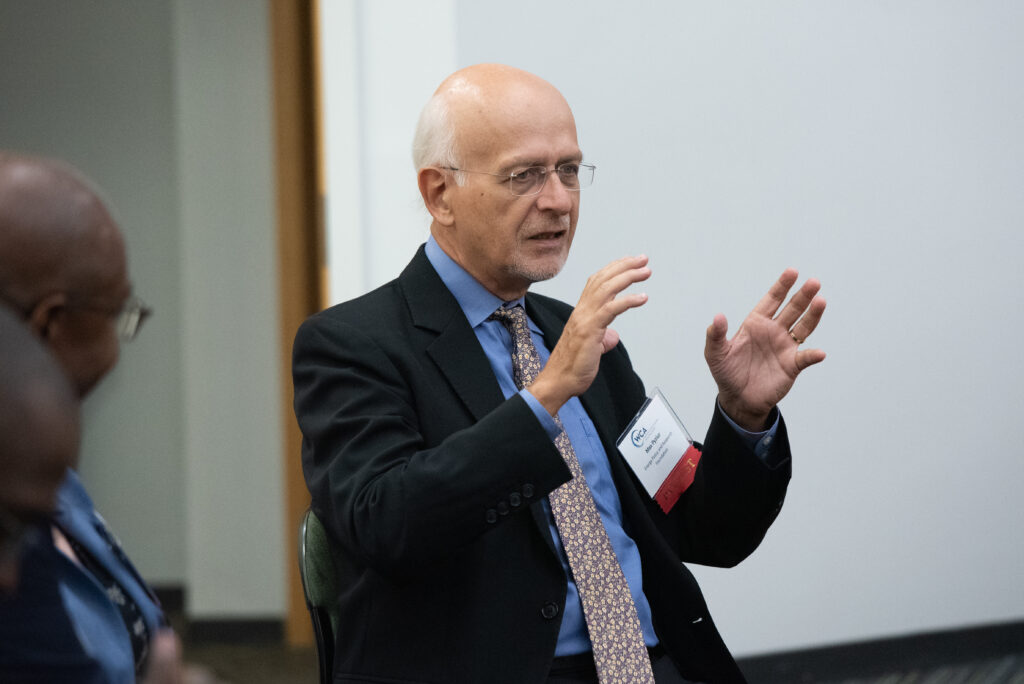
On Thursday July 14, 2022, the Westchester County Association (WCA) held their first Sustainable Business Conference. Focusing on the implementation challenges of New York State’s 2019 Climate Leadership and Community Protection Act and other related legislation, the WCA convened an afternoon of panels, plenary events, and a networking reception to discuss approaches and feasibility.
EPRINC’s Max Pyziur participated in the Conference’s panel discussion “Moving New York to a Low Carbon Future – How Can We Get There?” Max’s presentation underscored the scale of the challenge in the context of global and U.S. GHG emissions, as well as offering perspective on implementation risk by reviewing key power grid events in California and Texas.
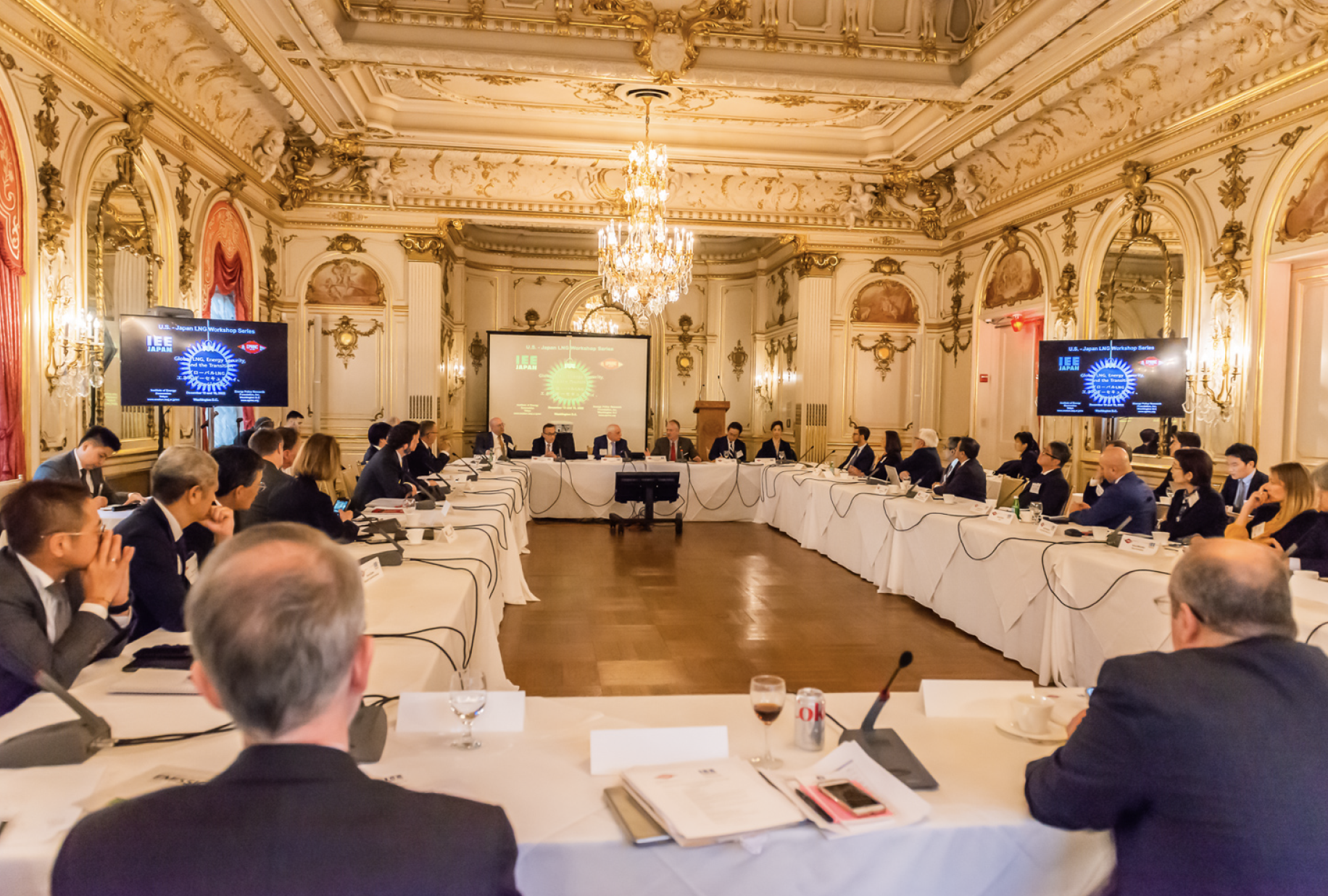
The Institute of Energy Economics Japan (IEEJ) in Tokyo and the Energy Policy Research Foundation, Inc. (EPRINC) in Washington DC have hosted an in-person workshop on December 15-16, 2022 in Washington, DC. The workshop, Global LNG, Energy Security, and the Transition, brought together a small group of policymakers, practitioners, and experts from the U.S., Asia,
© Energy Policy Research Foundation | 25 Massachusetts Ave NW, Suite 500P (Mailbox 14), Washington, DC 20001 | (202) 944-3339 (Phone) | (202) 364-5316 (fax) | info@eprinc.org
Design & Development by Red Clay Creative